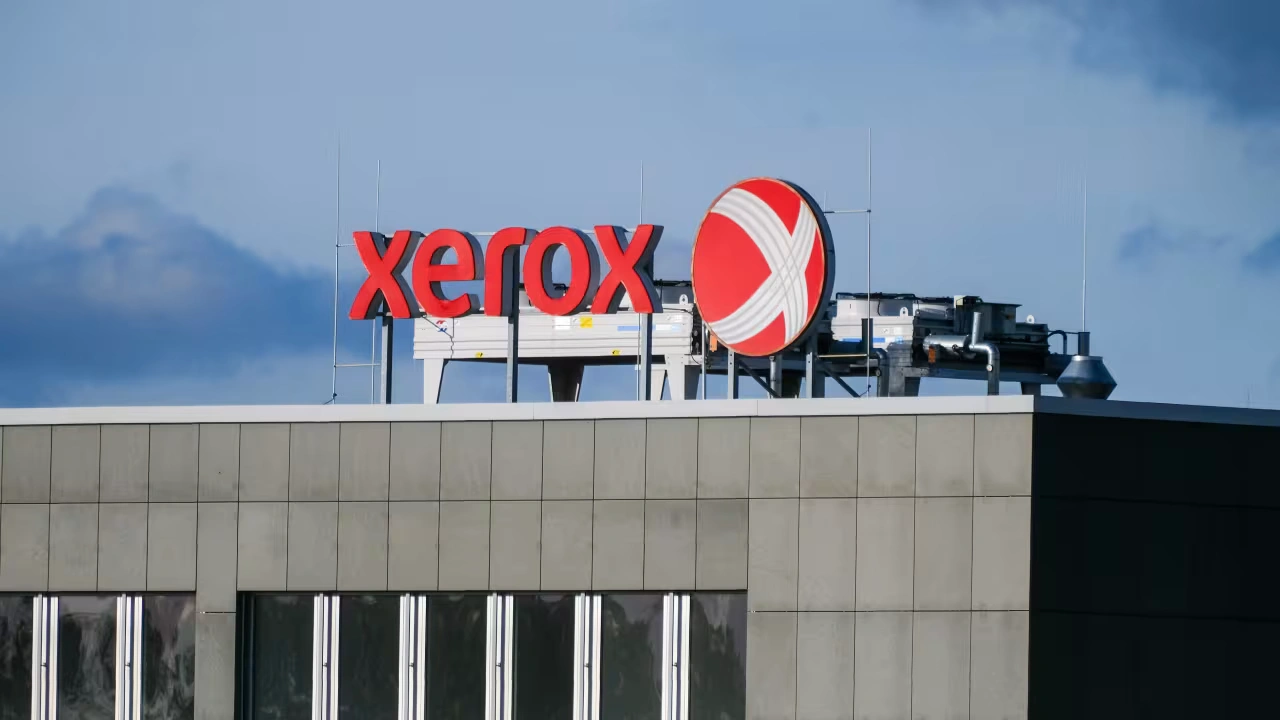Xerox, a well-known name in office equipment, has announced plans to acquire Lexmark International for $1.5 billion. The deal aims to enhance Xerox’s presence in Asian markets and strengthen its position in a printing industry that is rapidly adapting to digital transformation.
The acquisition will bring Lexmark, originally formed from IBM in 1991, back under U.S. ownership. Lexmark had been owned by Chinese investors since its $3.6 billion sale in 2016 to Ninestar, PAG Asia Capital, and Shanghai Shouda Investment Centre.
Xerox, facing revenue declines for five consecutive quarters due to slowing demand for printing equipment and strong competition from HP and Canon, sees this deal as a step forward. Xerox shares, which have dropped over 50% this year, rose by 7% following the announcement.
Lexmark’s existing role as a Xerox supplier and its strong position in the growing A4 color printing segment makes it a valuable addition. This market is one of the few in the printing industry still showing growth despite the ongoing shift to digital documentation.
The combined company will serve over 200,000 clients across 170 countries and hold a top-five market share in various print segments globally. Xerox also projects the acquisition will boost profits right away, with an expected $200 million in annual cost savings from reduced marketing and real estate expenses.
Zeus Kerravala, principal analyst at ZK Research, commented, “This deal positions Xerox well for the future, allowing them to reinvest in growth opportunities.”
This isn’t Xerox’s first bold move. In 2020, the company attempted a $35 billion hostile takeover of HP, but the COVID-19 pandemic derailed those plans. Since then, Xerox’s market value has dropped significantly, from about $8 billion in 2020 to around $1 billion today.
The Lexmark deal, expected to close in the second half of 2025, will be financed through cash on hand and debt. To support the financing, Xerox is cutting its annual dividend from $1 per share to 50 cents.
Xerox does not foresee any regulatory issues but will need approvals from various countries, including China, to finalize the deal.





